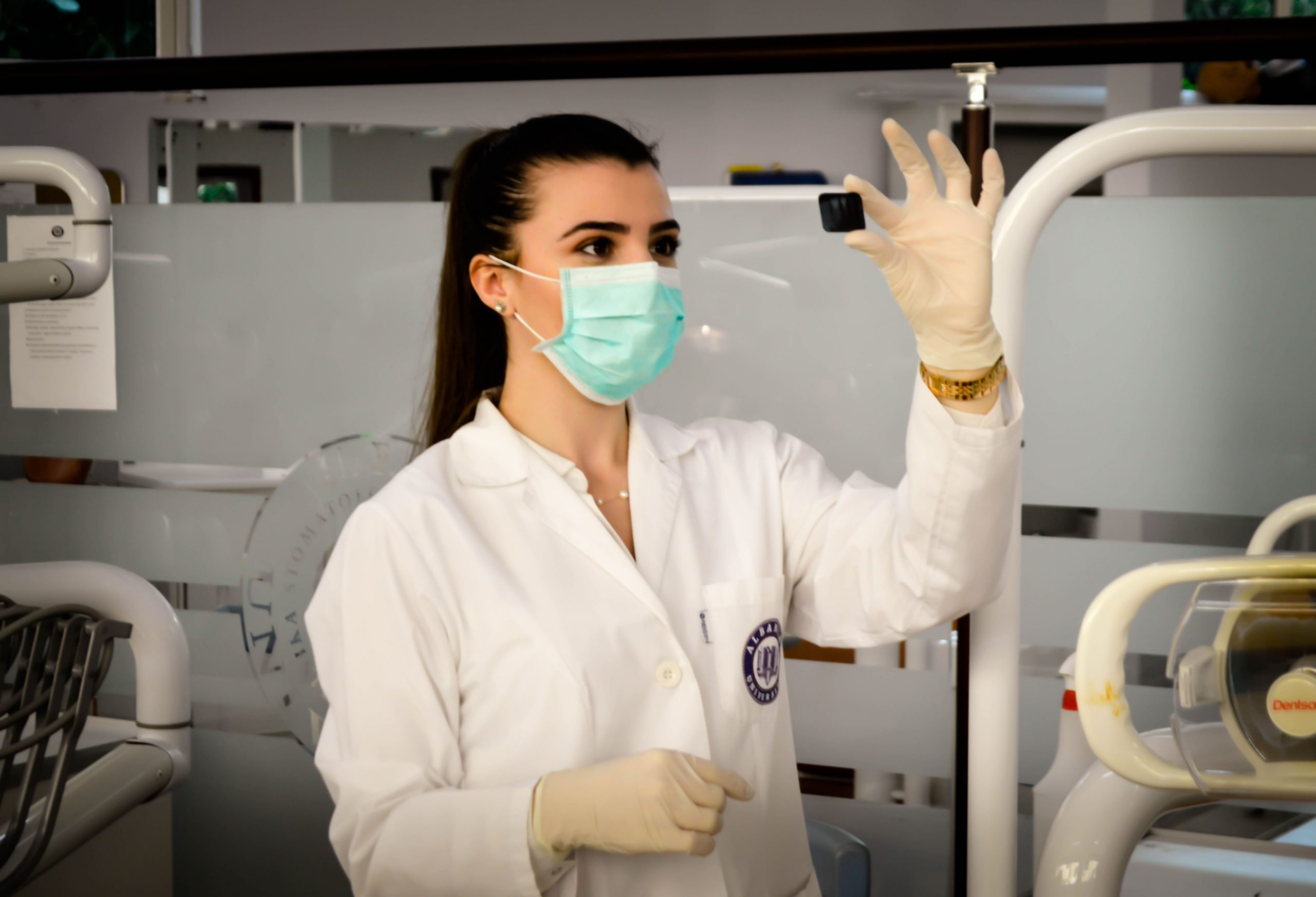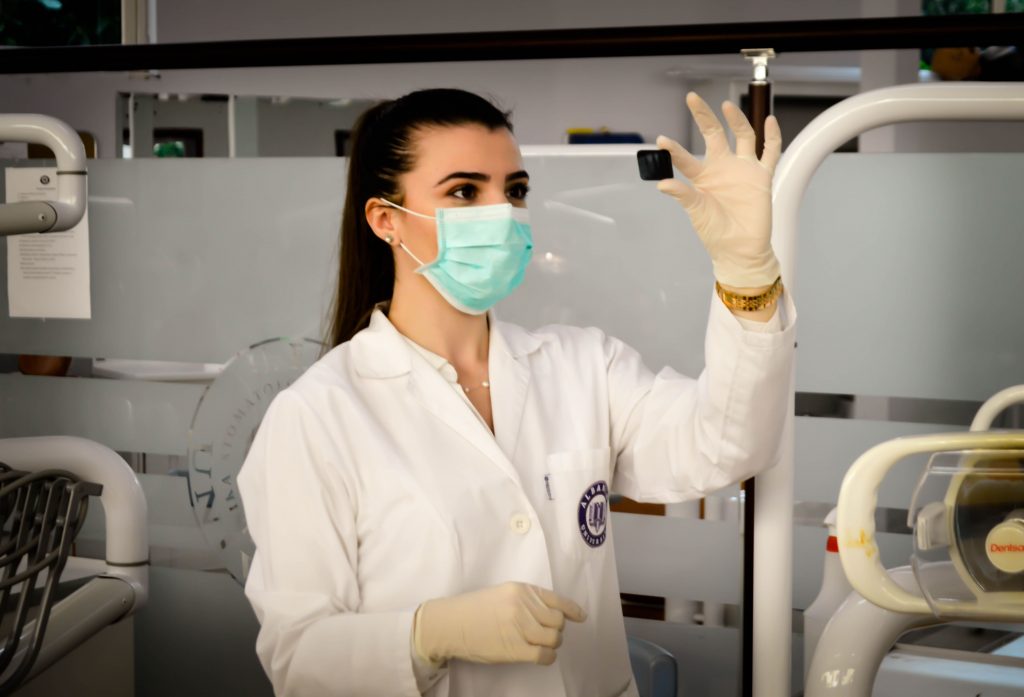Table of Contents
ToggleNursing degree apprenticeships offer an exciting opportunity for individuals interested in pursuing a career in nursing. These apprenticeships provide a unique pathway for aspiring nurses to gain the skills and knowledge necessary to excel in the field while also earning a degree. With the demand for healthcare professionals continuing to grow, nursing apprenticeships have become an increasingly popular option for those looking to enter the field. In this article, we will explore the benefits of nursing apprenticeships, the requirements for enrolling in a programme, and what to expect from this unique educational experience.
What Are Nursing Degree Apprenticeships?
Nursing degree apprenticeships are an innovative way of obtaining a nursing degree while also gaining valuable work experience. These programmes offer a combination of academic study and practical training, allowing individuals to earn a nursing degree while working as an apprentice in a healthcare setting.
To participate in a nursing degree apprenticeship programme, candidates typically need to have a high school diploma or equivalent and meet other admission requirements set by the programme provider. Once accepted, apprentices work alongside experienced nurses while also attending classes and completing coursework in nursing theory and practice. This approach to nursing education allows students to gain a deeper understanding of the profession while also developing practical skills through hands-on experience.
There are several different types of nursing apprenticeships available, each with its own unique focus and requirements. Some programmes are geared toward individuals who are new to the nursing profession and want to earn their degree while also gaining practical experience. Others are designed for current healthcare workers who want to transition into a nursing role or advance their careers. Some nursing apprenticeships also offer specialisations in areas such as paediatrics, geriatrics, or mental health.
Why Pursue A Nursing Degree Apprenticeship?
One of the primary advantages of nursing degree apprenticeships is the opportunity for hands-on experience and professional development. Unlike traditional degree programmes, apprenticeships allow you to gain practical skills in a real-world setting while receiving guidance and mentorship from experienced nurses. This immersive learning experience can help you build confidence and competence as a nurse and prepare you for a successful career in healthcare.
Another advantage of nursing degree apprenticeships is the potential for financial savings. Apprenticeships are often offered by employers or healthcare organisations, which means you may be eligible for tuition reimbursement or other financial incentives. Additionally, because apprenticeships combine work and learning, you may be able to earn a salary or hourly wage while completing your degree.
Nursing Degree Apprenticeship Requirements And Qualifications
To be eligible for a nursing degree apprenticeship, candidates must meet certain education and experience prerequisites. Typically, this includes a high school diploma or equivalent, as well as any required coursework or certifications. Some programmes may also require prior healthcare experience or specific academic qualifications.
Admission to nursing apprenticeships is typically competitive, and selection criteria may vary depending on the programme. In addition to meeting education and experience prerequisites, candidates may be required to undergo a rigorous selection process that includes interviews, aptitude tests, and background checks. Successful applicants will typically demonstrate a strong commitment to patient care and a willingness to work as part of a healthcare team.

Available Nursing Degree Apprenticeships In The UK
One of the nursing apprenticeships available in the UK is the registered nurse degree apprenticeship, offered by a variety of universities and healthcare providers. This programme is designed for individuals who have little or no prior nursing experience and provides a pathway for them to become registered nurses. The apprenticeship typically lasts around four years and involves a combination of classroom-based learning and practical work experience in healthcare settings. The curriculum includes topics such as anatomy and physiology, pharmacology, nursing practice, and leadership and management.
Another nursing degree apprenticeship available in the UK is the nursing associate apprenticeship, which is aimed at individuals who wish to work in a healthcare support role while also working towards a nursing degree. This programme typically lasts around two years and includes both classroom-based learning and practical work experience. The curriculum covers topics such as communication skills, patient care, and health promotion.
In addition to these programmes, there are also specialised nursing degree apprenticeships available in areas such as mental health nursing, children’s nursing, and learning disability nursing. These programmes typically have similar structures to the Registered Nurse Degree Apprenticeship and the Nursing Associate Apprenticeship, but with a focus on the specific area of nursing.
How To Apply For A Nursing Degree Apprenticeship
The following is a step-by-step guide on how to apply for a nursing degree apprenticeship and offer tips on how to prepare for the application process.
Step 1: Research nursing degree apprenticeships The first step in applying for a nursing degree apprenticeship is to research available programmes in your area. You can do this by searching online, contacting local healthcare organisations, or speaking with a careers advisor. It’s important to find a programme that is suitable for your needs, taking into account factors such as location, programme structure, and duration.
Step 2: Check eligibility requirements Once you have identified a suitable nursing degree apprenticeship programme, the next step is to check the eligibility requirements. These requirements may vary depending on the programme and may include minimum age, education level, and work experience. Make sure you meet the eligibility criteria before applying.
Step 3: Submit your application to apply for a nursing degree apprenticeship, you will need to submit an application form. This may be available online or can be obtained from the programme provider. When completing your application, ensure that you provide all the required information and provide accurate and up-to-date details. This may include your personal details, education history, and work experience.
Step 4: Attend an Interview If your application is successful, you will be invited to attend an interview. The interview may take place in person or virtually and will typically involve questions about your motivation for pursuing a nursing degree apprenticeship and your suitability for the programme. Be prepared to answer questions about your personal strengths, experience, and knowledge of the nursing profession.
Tips On How To Prepare For The Application Process:
- Start your research early to allow enough time to find a suitable programme and prepare your application.
- Tailor your application to the specific nursing degree apprenticeship programme you are applying for.
- Highlight any relevant work experience or transferable skills you may have.
- Be honest and transparent in your application and interview.
- Prepare for the interview by practising answers to potential questions and researching the organisation offering the apprenticeship.

Conclusion
If you are considering a career in nursing, a nursing degree apprenticeship may be an excellent option for you. Not only will you have the chance to learn and develop essential skills through practical experience, but you will also be able to earn a degree without the burden of significant student debt. Additionally, nursing is a growing and in-demand field, with many opportunities for career advancement and specialisation.
To sum up, nursing degree apprenticeships present a distinctive and worthwhile route to a fulfilling career in healthcare. We urge anyone considering a nursing degree apprenticeship to look into their alternatives and make the initial step towards a rewarding and significant nursing profession. You can significantly improve the lives of people while developing a fruitful and rewarding career with perseverance, devotion, and a dedication to lifelong learning.
FAQs
What is a nursing degree apprenticeship?
A nursing degree apprenticeship is a programme that allows individuals to earn a degree in nursing while gaining practical, hands-on experience in a clinical setting. The programme combines classroom instruction with on-the-job training, and apprentices work under the guidance of experienced nursing professionals.
How long does a nursing degree apprenticeship take?
The length of a nursing degree apprenticeship can vary depending on the programme and the individual’s previous education and experience. In general, apprenticeships can take between two to four years to complete.
What qualifications do I need to apply for a nursing degree apprenticeship?
The qualifications required to apply for a nursing degree apprenticeship can vary depending on the programme and the employer. Typically, applicants will need to have a high school diploma or equivalent, meet minimum academic requirements, and pass a criminal background check and drug screening.
Can I get financial support for a nursing degree apprenticeship?
Yes, financial support is available for nursing degree apprenticeships. Many employers offer tuition reimbursement or other forms of financial assistance, and some apprenticeships may be eligible for government funding or grants.
What career opportunities are available after completing a nursing degree apprenticeship?
Completing a nursing degree apprenticeship can lead to a range of career opportunities in the healthcare industry. Graduates may choose to work in hospitals, clinics, nursing homes, or other healthcare settings, and can pursue roles such as registered nurse, nurse practitioner, or nurse educator, among others. Additionally, Nursing apprenticeships can provide a pathway to further education and specialisation, such as pursuing a master’s or doctoral degree in nursing.
PS: If there’s anything more, you’d like us to know about it. Add it to the comments section!
Thank you for reading this blog post on ‘Nursing Degree Apprenticeships: A Great Career Start.’ We hope that it has provided valuable information for prospective students considering this university. Check out our other blogs of interest:


















1 thought on “Top PGDM Courses In Canada: Universities & Eligibility”
I have done Bachelor’s in Culinary Arts from India and completed my graduation in the year 2022 .I am 22 years old. After graduation, I have done 1 year paid internship from USA .Now, I would like to take occupational experience and learn culinary skills and also do masters in Culinary arts.How can I find the college n best course / country where I can persue studying further